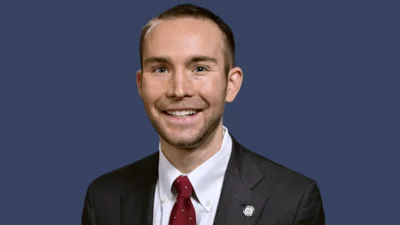A lack of mental health professionals is an unexpected side effect of the COVID-19 pandemic. | stock photo
A lack of mental health professionals is an unexpected side effect of the COVID-19 pandemic. | stock photo
As the COVID-19 pandemic ravages the nation with increased mental health problems such as depression, anxiety and substance abuse, Michigan is encountering the added issue of a shortage of mental health professionals.
The U.S. Centers for Disease Control and Prevention (CDC) noted an increase in emergency department visits related to mental health problems for children and adolescents during the pandemic, according to coverage by Bridge Michigan. The Kaiser Family Foundation, a nonprofit health research organization, also recently released the results of a national survey, which showed increased rates of depression, anxiety, suicidal thoughts and substance abuse linked to the pandemic.
Michigan entered the pandemic already short on mental health professionals, according to Bridge Michigan. That shortage has only grown worse, even as the need for mental health services has grown.
“The pandemic has exacerbated the situation to the point where (lack of mental health care) is near epidemic proportions,” Kevin Fischer, executive director of the Michigan chapter of the National Alliance on Mental Illness, told Bridge Michigan.
Fischer said that part of the problem is the pay rate for mental health professionals. “The entry-level money in behavioral health is not there,” Fischer told Bridge Michigan. “When you can make more money at Walmart than you can starting at the entry level, that’s not very appealing.”
Solutions proposed by advocates include expanding the federal program that repays college loans to include primary care medical and behavioral health professionals, as well as expanding a similar state program offering loan repayment to medical residents in order to increase the number of available psychiatrists.
Advocates also have suggested increased pay for direct care workers who provide in-home and facility-based care, and are often paid wages comparable to retail or fast-food jobs. Direct care workers had been given a temporary $2-an-hour pay raise in December, but that expires at the end of February and it remains to be seen whether the Legislature will extend it. Gov. Gretchen Whitmer has proposed making the pay boost permanent.


 Alerts Sign-up
Alerts Sign-up